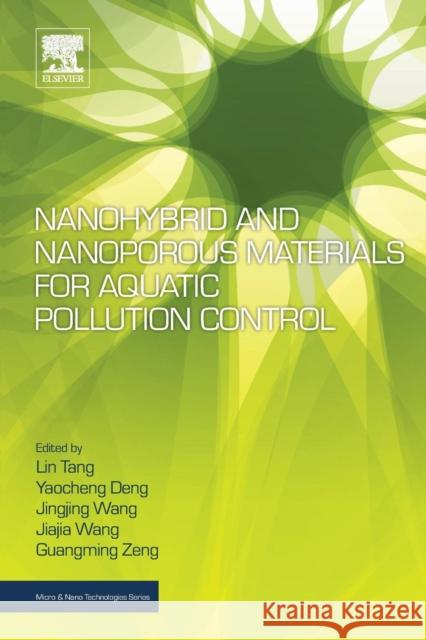Nanohybrid and Nanoporous Materials for Aquatic Pollution Control » książka
topmenu
Nanohybrid and Nanoporous Materials for Aquatic Pollution Control
ISBN-13: 9780128141540 / Angielski / Miękka / 2018 / 322 str.
Kategorie:
Kategorie BISAC:
Wydawca:
Elsevier
Seria wydawnicza:
Język:
Angielski
ISBN-13:
9780128141540
Rok wydania:
2018
Numer serii:
000361301
Ilość stron:
322
Waga:
0.43 kg
Wymiary:
22.86 x 15.24 x 1.73
Oprawa:
Miękka
Wolumenów:
01
Dodatkowe informacje:
Bibliografia











